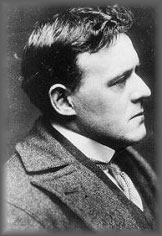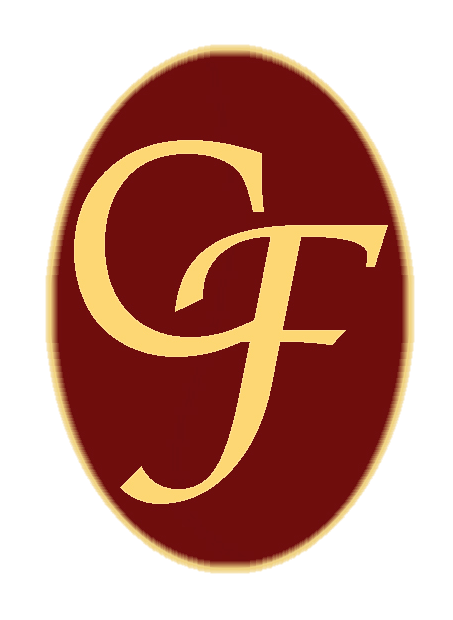Helaire Belloc – “The Great Heresies”
As indicated in an earlier post, among the books I have the luxurious freedom to read or re-read while I’m waiting on a publisher to get back to me on my manuscript is Hilaire Belloc’s “The Great Heresies.” (The others are the historians Christopher Dawson and Jacque Barzun and my continuing reading of Hans Urs von Balthasar’s theological masterpieces.)
 Belloc helps one see that what we today call “ideologies” our ancestors would have rightly called “heresies” — had we not lately indulged in the silly assumption that religious faith has little to do with the nature of cultural life. Here’s a passage about the Arian heresy I found interesting. It provides what Barbara Tuchman called “a distant mirror” of our own situation. Belloc wrote these words in 1938:
Belloc helps one see that what we today call “ideologies” our ancestors would have rightly called “heresies” — had we not lately indulged in the silly assumption that religious faith has little to do with the nature of cultural life. Here’s a passage about the Arian heresy I found interesting. It provides what Barbara Tuchman called “a distant mirror” of our own situation. Belloc wrote these words in 1938:
“A battle of vast importance was joined. Men did not know of what importance it was, violently though their emotions were excited. Had this movement for rejecting the full divinity of Our Lord gained the victory, all our civilization would have been other than what it has been from that day to this. We all know what happens when an attempt to simplify and rationalize the mysteries of the Faith succeeds in any society. We have before us the now ending experiment of the Reformation, and the aged but still very vigorous Mohammedan heresy, which may perhaps appear with renewed vigor in the future. Such rationalistic efforts against the creed produce a gradual social degradation following on the loss of that direct link between human nature and God which is provided by the Incarnation. Human dignity is lessened. The authority of Our Lord is weakened. He appears more and more as a man — perhaps a myth. The substance of Christian life is diluted. It wanes. What began as Unitarianism ends as Paganism.”

